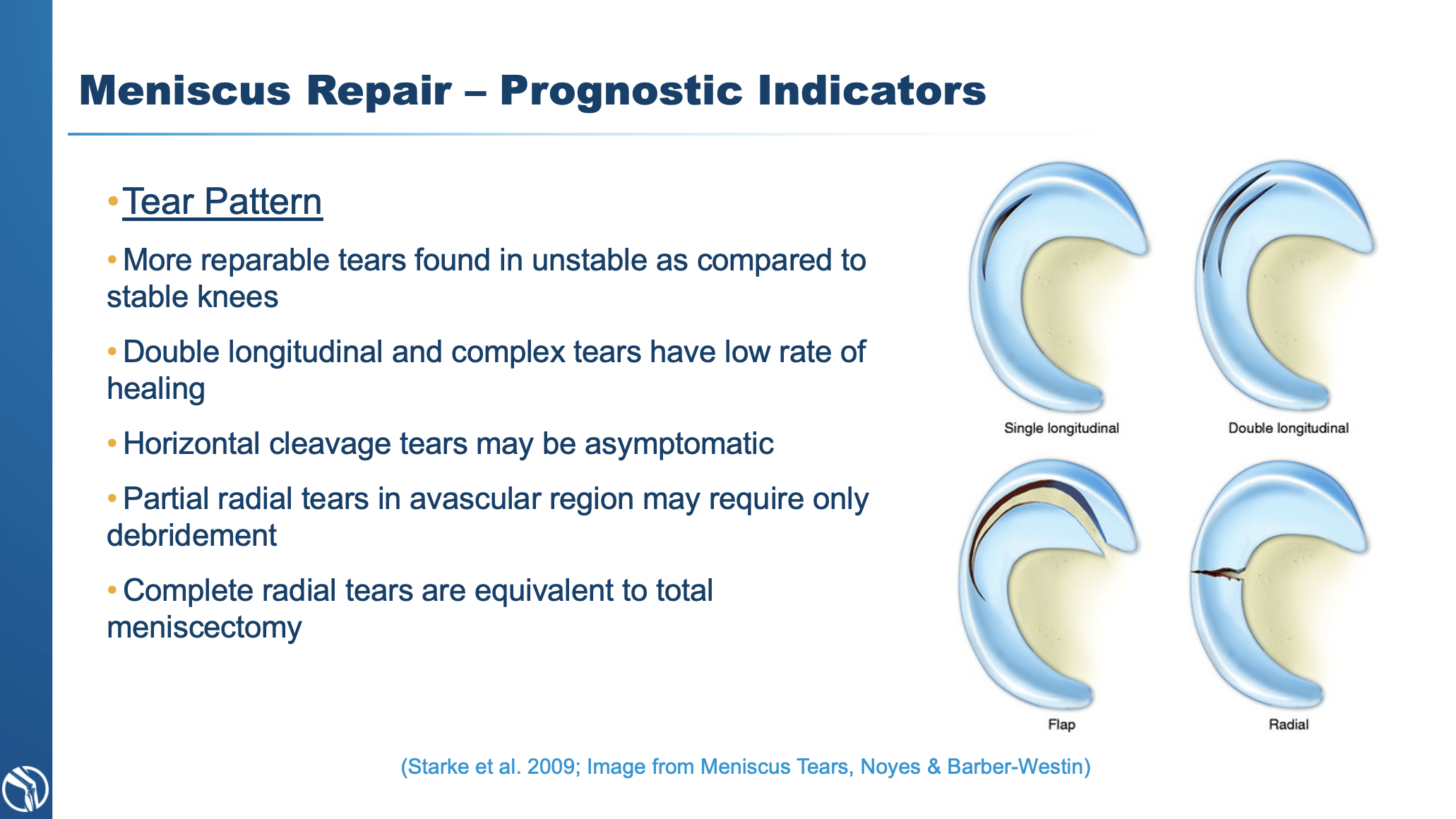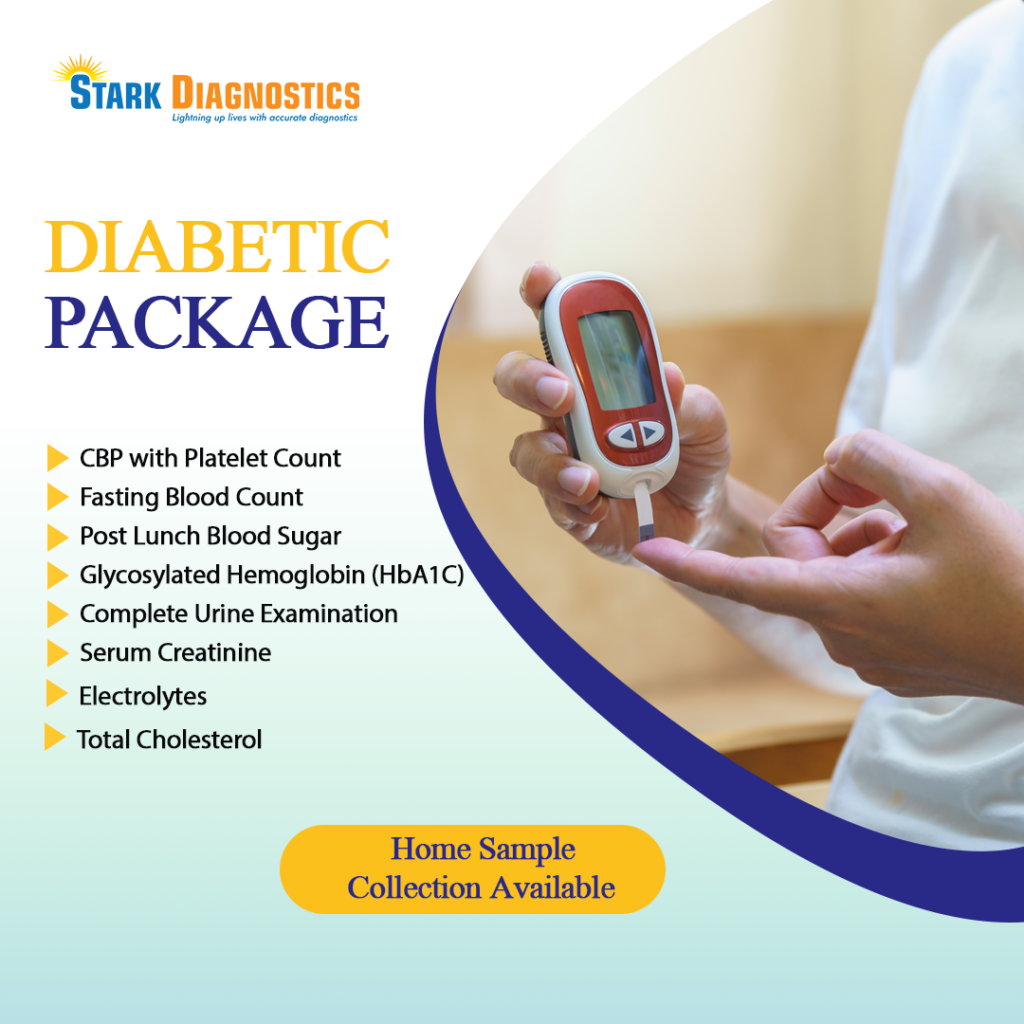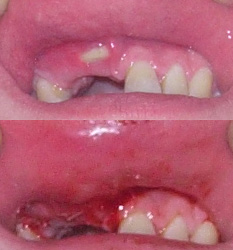Fistula In Mouth

A fistula in the mouth, also known as an oral fistula or a mouth fistula, is an abnormal connection or passageway that develops between two epithelial-lined surfaces, such as between the mouth and the skin or between the mouth and another organ. This condition can be quite distressing for those who experience it, as it can lead to a range of symptoms, including persistent drainage, pain, and difficulties with eating and speaking.
Understanding the Types of Fistulas in the Mouth
There are several types of fistulas that can occur in the mouth, each with its own unique characteristics and causes. Some of the most common types include:
- Dental fistula: This type of fistula occurs when there is an abnormal connection between the mouth and the skin, often as a result of a dental infection or abscess.
- Salivary fistula: This type of fistula occurs when there is an abnormal connection between the mouth and the salivary gland, often as a result of trauma or surgery.
- Oro-antral fistula: This type of fistula occurs when there is an abnormal connection between the mouth and the maxillary sinus, often as a result of dental procedures or trauma.
Causes and Risk Factors
Fistulas in the mouth can be caused by a variety of factors, including:
- Dental problems: Dental infections, abscesses, and other dental issues can lead to the development of a fistula.
- Trauma: Trauma to the mouth or face can cause a fistula to develop.
- Surgery: Surgical procedures, such as dental surgery or tumor removal, can increase the risk of developing a fistula.
- Infection: Infections, such as sinusitis or osteomyelitis, can spread to the mouth and cause a fistula to develop.
Symptoms and Diagnosis
The symptoms of a fistula in the mouth can vary depending on the type and location of the fistula. Common symptoms include:
- Persistent drainage: A fistula can cause persistent drainage of fluid, such as pus or saliva, from the mouth.
- Pain: Fistulas can be painful, especially if they become infected.
- Difficulty eating and speaking: Fistulas can make it difficult to eat and speak, especially if they are large or located in a sensitive area.
Diagnosing a fistula in the mouth typically involves a combination of physical examination, imaging tests, and laboratory tests. A dentist or oral surgeon may use techniques such as:
- Visual examination: A visual examination of the mouth and surrounding tissues to look for signs of a fistula.
- Imaging tests: Imaging tests, such as X-rays or CT scans, to visualize the fistula and surrounding tissues.
- Laboratory tests: Laboratory tests, such as blood tests or culture tests, to check for infection or other underlying conditions.
Treatment and Management
Treatment for a fistula in the mouth depends on the type and severity of the condition. Common treatment options include:
- Antibiotics: Antibiotics may be prescribed to treat any underlying infections.
- Surgery: Surgery may be necessary to close the fistula and repair any damaged tissues.
- Drainage: Drainage of the fistula may be necessary to remove any accumulated fluid or debris.
- Pain management: Pain management techniques, such as pain medication or nerve blocks, may be used to manage any discomfort or pain.
Step-by-Step Guide to Managing a Fistula in the Mouth
- Seek medical attention if you suspect you have a fistula in your mouth.
- Follow your doctor's instructions for treatment and management.
- Practice good oral hygiene to prevent infection and promote healing.
- Attend follow-up appointments to monitor your condition and adjust treatment as needed.
Complications and Prevention
If left untreated, a fistula in the mouth can lead to a range of complications, including:
- Infection: Fistulas can become infected, leading to serious complications such as abscesses or sepsis.
- Tissue damage: Fistulas can cause damage to surrounding tissues, leading to scarring or disfigurement.
- Difficulty eating and speaking: Fistulas can make it difficult to eat and speak, leading to malnutrition or social isolation.
Preventing fistulas in the mouth involves practicing good oral hygiene, avoiding trauma to the mouth and face, and seeking regular dental care.
What are the symptoms of a fistula in the mouth?
+Common symptoms of a fistula in the mouth include persistent drainage, pain, and difficulty eating and speaking.
How is a fistula in the mouth diagnosed?
+Diagnosing a fistula in the mouth typically involves a combination of physical examination, imaging tests, and laboratory tests.
What are the treatment options for a fistula in the mouth?
+Treatment options for a fistula in the mouth include antibiotics, surgery, drainage, and pain management.
In conclusion, a fistula in the mouth is a serious condition that requires prompt medical attention. By understanding the causes, symptoms, and treatment options, individuals can take steps to prevent and manage this condition. Remember to practice good oral hygiene, avoid trauma to the mouth and face, and seek regular dental care to reduce the risk of developing a fistula in the mouth.


